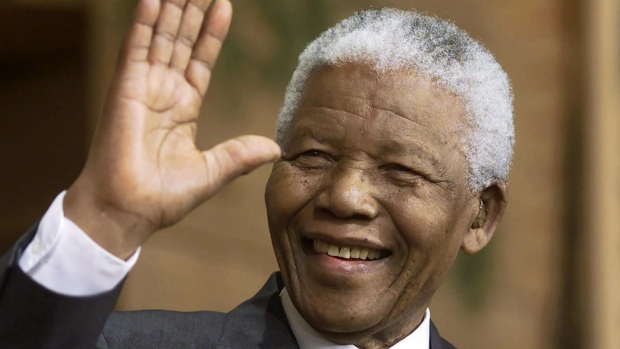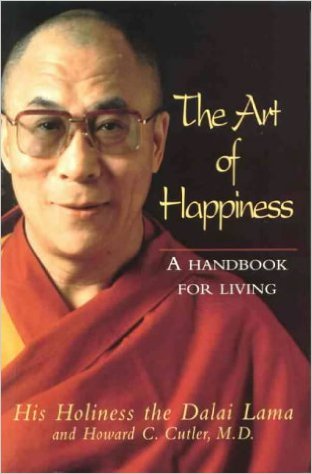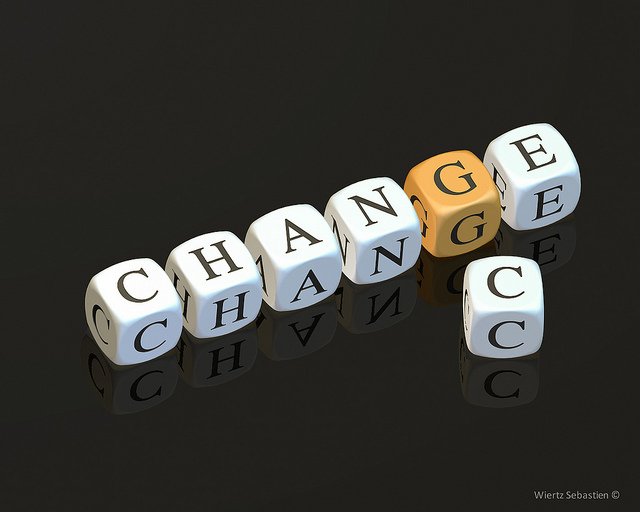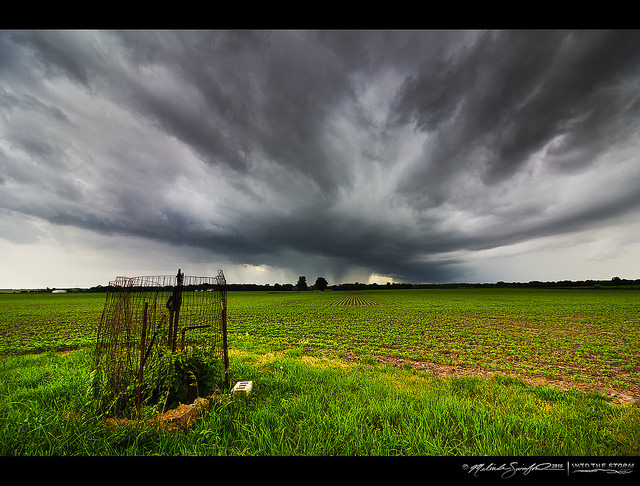“We are inclined to think that if we watch a football game or a baseball game, we have taken part in it.”
—John F. Kennedy, 35th President of the United States

Image from Flickr by Danny Molyneux
Are you a sports fan? How many hours a week do you watch sporting events on TV? How often do you go to games or events in person?
Without question, the energy and excitement around sporting events – football, baseball, the upcoming Olympics, even golf – can be off the charts. Many people experience the by-product bursts of adrenaline through our proximity to these spectacles.
What if you lived in Roman times and were among the spectators in the Colosseum, where the game involved life or death? Clearly you would not wish to be one of the people facing the lions!
EXERCISE:
Where in your personal or professional life are you sitting on the sidelines as a spectator, thinking that somehow, you are actually in the game?
Where is it time to suit up and get on the field to actually experience life’s contests yourself?


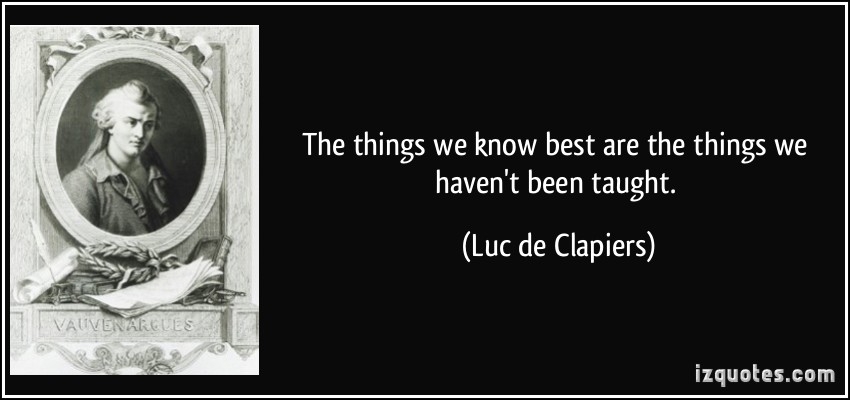 My first career, fresh out of college, was as a teacher. It was my belief at the time that it was my job to literally pour my knowledge of life science into the minds of 25 sixth grade students. What I discovered was that very little got in, and even less of my brilliant lessons stuck for more than a week or two.
My first career, fresh out of college, was as a teacher. It was my belief at the time that it was my job to literally pour my knowledge of life science into the minds of 25 sixth grade students. What I discovered was that very little got in, and even less of my brilliant lessons stuck for more than a week or two.
